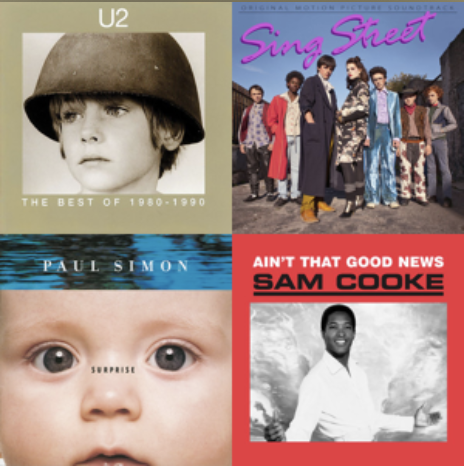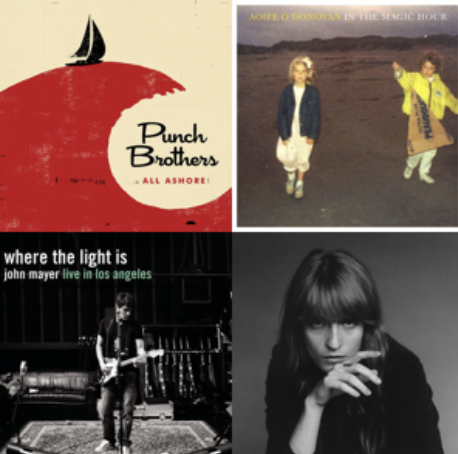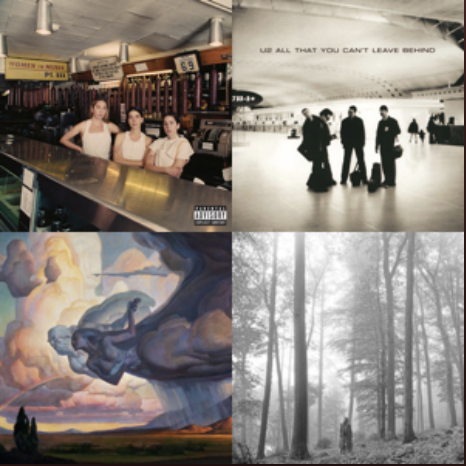This piece was originally published in September of 2013. Consider reading it alongside Kristen Gaylord’s opera piece, also originally published last year and available for you again on the homepage.
Before attending the opera, I held an optimistic view. I could like opera. After all, I ain’t Laura of Flatbush. I met baseline criteria:
- Likes classical music.
- Enjoys Shakespeare.
- Does not fear foreign languages.
- Enjoys getting dolled up.
I thought of myself as an unshaped mass of opera-loving potential. Thus mentally armed, I attended the opera. The experience brought me into a new self-awareness: I was delusional, naive. I thought the elements of opera would enter into my existing nucleus, connect with the substances therein and expand, like two tiny amoebae, the start of (opera) life. What a maroon!
Perhaps I’m being too hard on myself. I had it partially right. The elements of opera were going to combine with something, bub, but nothing on the list.
***
Opera hours are like dog years. I learned this thanks to subtitles. The singers performed in French, and subtitles appeared on a scoreboard-like screen above the stage. The singers went on and on, trilling up and down on the same four words that hung in the air, floating along at balcony level as if under the influence of a mad scientist’s ether.
I pined for escape: the bathroom, the bar. I remembered the last time I failed to connect at a cultural event. I sat much closer for that one, so close that I can remember how the place smelled. It took hours to get there, and then I spent hours by the pit. The other patrons looked like they lived there, camping out for days. Some wore special headsets that gave them a more intimate grasp of the underlying story, but I didn’t have that kind of money. I tried to distract myself with people watching. I nicknamed one very sunburnt gentleman Lobster Man and observed his ways. Every forty seconds he stood and saluted the action with a loud “whoo-hoo” and a raised glass of Bud.
Maybe opera has something in common with NASCAR. Maybe opera needs to have more in common with NASCAR: Airstreams and headsets and copious amounts of cheap beer. Maybe opera needs more drama in the pit. Picture it: the cellist seated in the house. At the conductor’s signal, she races to the edge and hops over the wall. Will the cello clear the clarinets? We could expand the scoreboard; make room for “trombonist cam”: will he clear his tube of spit before his cue? Maybe the problem is the words themselves. Let’s eliminate the subtitles altogether and replace them with a single earbud. Give me announcers in my ear, give me Al Michaels and John Madden calling the opera:
“Here’s our first baritone of the evening, Coach.”
“He’s one of the good ones, Al. You can tell by the way he entered the stage. Shirtless. Look at those flow-y harem pants! He’s some kind of sultan or something.”
“A priest, I think, Coach, certainly of the ruling class.”
“Let’s take another look at that entrance … Watch how he comes in from stage right and then … Zap! Slam! Powee!”
In the time it takes to sing one aria, I could’ve had the whole thing telestrated. But I wanted to connect to the opera, so I stopped pining and daydreaming. I tethered myself to the physical action onstage. The soprano reclined, her arm to her forehead, and that (to paraphrase) was all, folks.
***
The caution against smoking used to go, “it’s habit-forming,” but what does that mean, exactly? It causes you to repeat a behavior, somehow, against your better judgment, against your will. I’ve never been addicted to nicotine, but this response is more than physiological, I think. It’s the process of smoking, the way it fits with food and drink, the pleasure of a break, the calm of it, all that shapes the thinking and behavior of a smoker, causing him to temporarily forget the money wasted and the lung cancer and remember smoking fondly.
If you had a habit like that, a pleasurable habit, but without the cost or cancer, a habit that wouldn’t kill you, a habit whose only downside was that it prevented you from enjoying opera, you’d keep it, right?
In the 1970s, cartoons were not on television every day. Thus, wise and sensible children got up early on Saturdays so that they could enjoy cartoons to the fullest. Rising early, eating cereal in front of the television, I became a lover of animation. My first and true love would be Bugs Bunny. His words became my words, magic words like abraca-pocus and Walla Walla, Washington.

I didn’t know it at the time, but I had a favorite writer/director team, Michael Maltese and Chuck Jones. Consider the meta-cartoon “Duck Amuck”, in which Daffy is the victim of a guest animator’s sense of humor, with whom he carries on a one-sided conversation. Or how about the singing, dancing Michigan J. Frog, who ceases performing at the most inconvenient moments? What about “Boyhood Daze”, featuring the escapist imagination of Ralph Phillips?
I loved these, and other Maltese/Jones classics. But above all of their other work I placed their second opera parody, “What’s Opera, Doc?” It was the story I waited for, the one that would drive me to gather the rest of my family and make them watch it with me. It features only two character, the hunter Elmer Fudd and his clever prey, Bugs Bunny. These roles of hunter and prey typify their cartoons, but the usual settings of woods or gardens has shifted to a highly stylized landscape suitable for Wagnerian hijinks.
It begins with Elmer, a powerful Viking hunter, preparing to ‘kill the wabbit.’ Bugs, the wabbit in question, does not want to die, and so employs many a strategy. At the last, he disguises himself as a beautiful, horse-riding Viking maiden. Elmer is smitten, singing of her beauty and his desire for her. Bugs slides down the horse to him, and then they sing a duet, “Return My Love”. Maltese wrote the lyrics:
Elmer: Weturn, my wove… a wonging burns deep inside me…
Bugs: Retoyn my love I want you always beside me.
Elmer: Wove wike ours must be…
Bugs: Made fer you and fer me…
E & B : Return, won’t you return my love… for my love is yours.
This is followed by a ballet interlude. Elmer dances in tights and a shield. Bugs continues in his disguise, a bronze brassiere, miniskirt, eyeshadow, and a helmet with trailing gold braids. The ruse ends when Elmer, after ascending an extraordinary flight of stairs, finds his love in repose on a chaise lounge. Much like the soprano in the opera I attended, Bugs goes a little too far with the reposing. The helmet with the braids falls from his head and bounces down the stairs, revealing the sad truth to Elmer–his beloved is also his enemy. Elmer enacts revenge, wrecking destruction and finally, regret.
If there was a potential opera fan deep inside me, she was crushed long ago by a fat horse carrying a rabbit in drag. How could the opera compete with a ritual hour and the most desired seven minutes on television?




